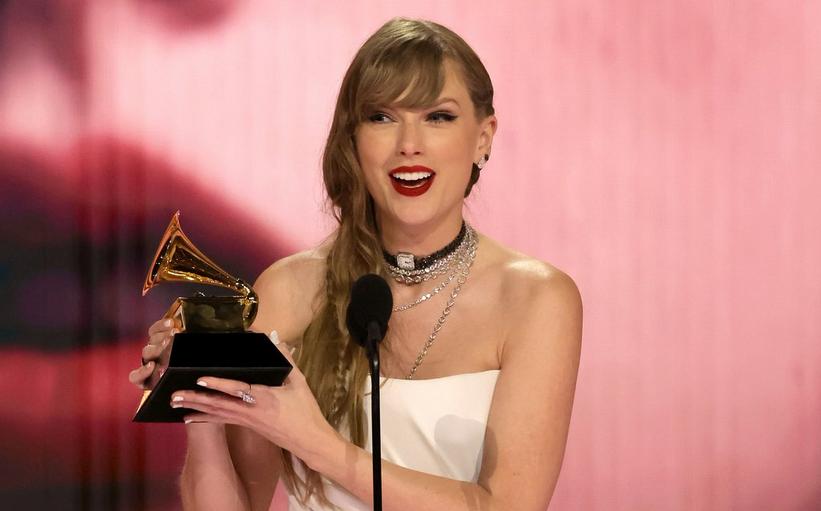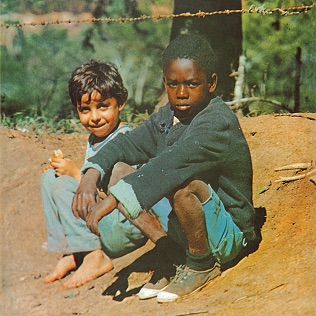Glamor, high fashion and musical unoriginality were the themes of this year’s Grammy awards.
The top three most coveted categories were dominated by the usual vanilla tracks despite having an impressive roster of nominees to choose from, solidifying the mundane pattern established by a nameless voting council. The inherent issue with the current Grammys election system is that in order to apply to the jury, you must have won a Grammy yourself, been nominated by a current member or commercially released music in the past five years. This keeps the voting power in the hands of the industry’s elite, allowing them to continue the same predictable cycle when it comes to awards.
To first address the elephant in the awards hall, Taylor Swift took home the Grammy for Album of the Year and Best Pop Vocal Album for her 2022 release “Midnights” after being nominated six times. Swift is widely recognized as one of the most successful pop artists of all time; however, even the most dedicated Swifties can admit that her most recent album does not live up to the impressive legacy established by her previous works.
In contrast, SZA and Janelle Monae were nominated for the outstanding “SOS” and “The Age of Pleasure,” which are, in my opinion, two of the best albums to appear on the nominee list this year. It has been 25 years since a Black woman or femme won Album of the Year (Lauryn Hill’s iconic solo debut took home the honor in 1999), but this artist demographic has indisputably continued shouldering the music industry since then without recognition from major awards shows. “SOS” has spent 21 weeks at Billboard’s No. 1, the longest run of any female artist and dwarfing the 11 weeks of “Midnights.” Swift’s win over other wildly popular albums like “GUTS” by Olivia Rodrigo and “Did you know that there’s a tunnel under Ocean Blvd” by Lana Del Rey is testament to the Grammys’ historical preference for more recognized artists like Swift in the biggest categories, despite being outperformed musically by most other nominees.
“What Was I Made For?” by Billie Eilish and “Flowers” by Miley Cyrus were awarded Song and Record of the Year, respectively. Song of the Year is a category with an impressive history, including tracks such as the incredibly catchy 2021 single “Leave the Door Open” by Silk Sonic and Childish Gambino’s electric “This Is America.” Many previous winners, along with the nominated “Kill Bill” by SZA, outshine Eilish’s less memorable winner from the “Barbie” soundtrack and Cyrus’s catchy but cliché “Flowers” (which is essentially a reworked version of Bruno Mars’s “When I Was Your Man”).
The Producer of the Year category, though often overlooked, should be an indicator of the artist with the most notable work ethic, technical skill and versatility in the industry. Nominee Metro Boomin exhibits all three, having released two full-length projects since last year and being one of the most influential names in hip-hop. After Macklemore’s 2014 win over Kendrick Lamar for Best Rap Album, though, we shouldn’t be surprised by the Grammys’ weak grasp of the genre. Jack Antonoff was awarded the honor for the third year in a row, no doubt due mostly to his credits on “Midnights” and “Did you know that there’s a tunnel under Ocean Blvd.” Ironically, Lana Del Rey was awarded none of her five nominations.
Despite the overall disappointing 2024 Grammy results, some categories had a more refreshing outcome. Artists like Paramore, Fred again…, Coco Jones and Laufey being recognized was a glimmer of hope in what has become an increasingly predictable awards show machine.
The Grammys are rapidly losing credibility in the music industry due to a lack of representation from the public in the voting process. After the same routine each year, it’s time we leave the rich and famous to their extravagance while the audience judges the quality of their music.










